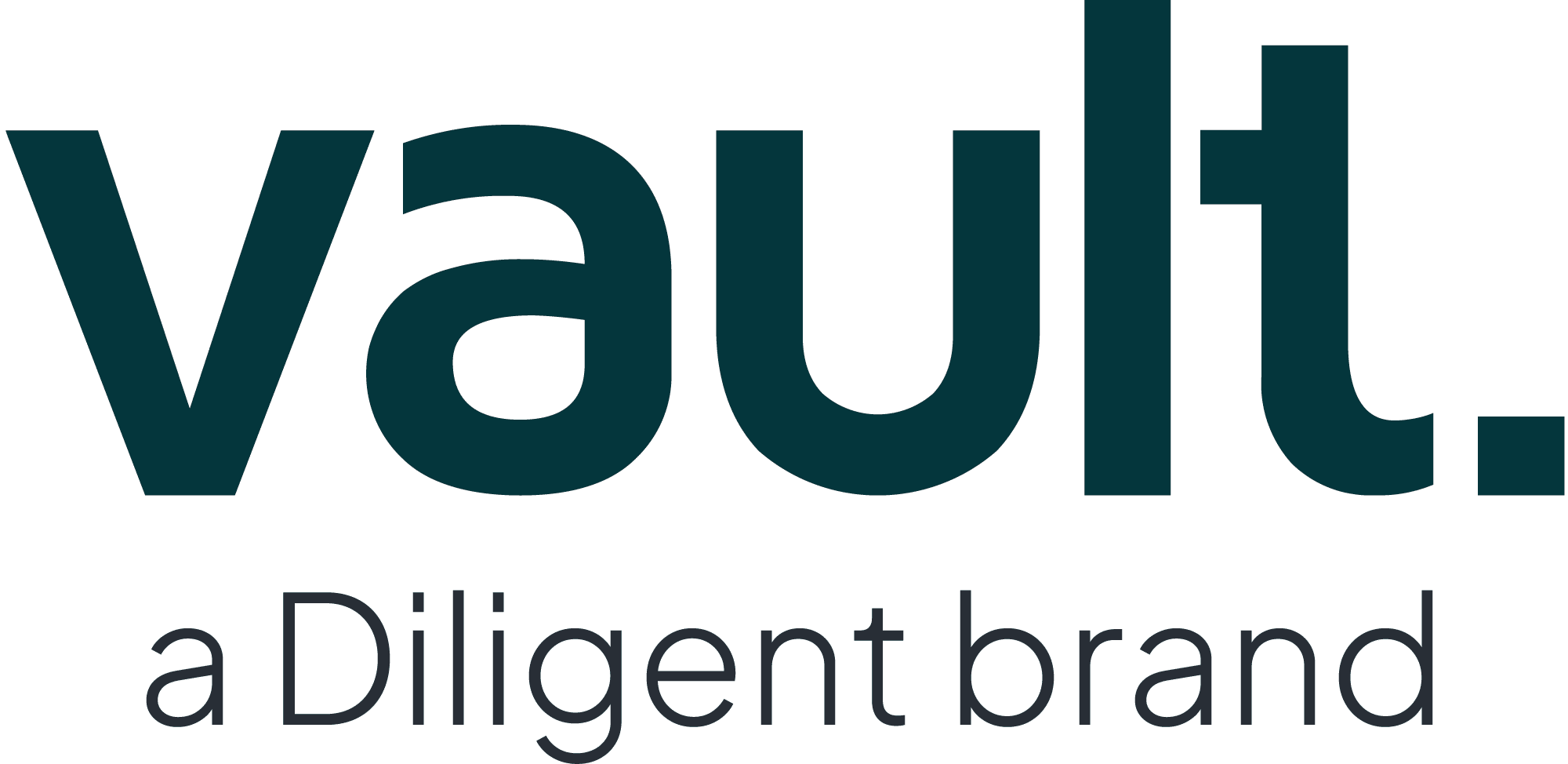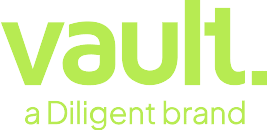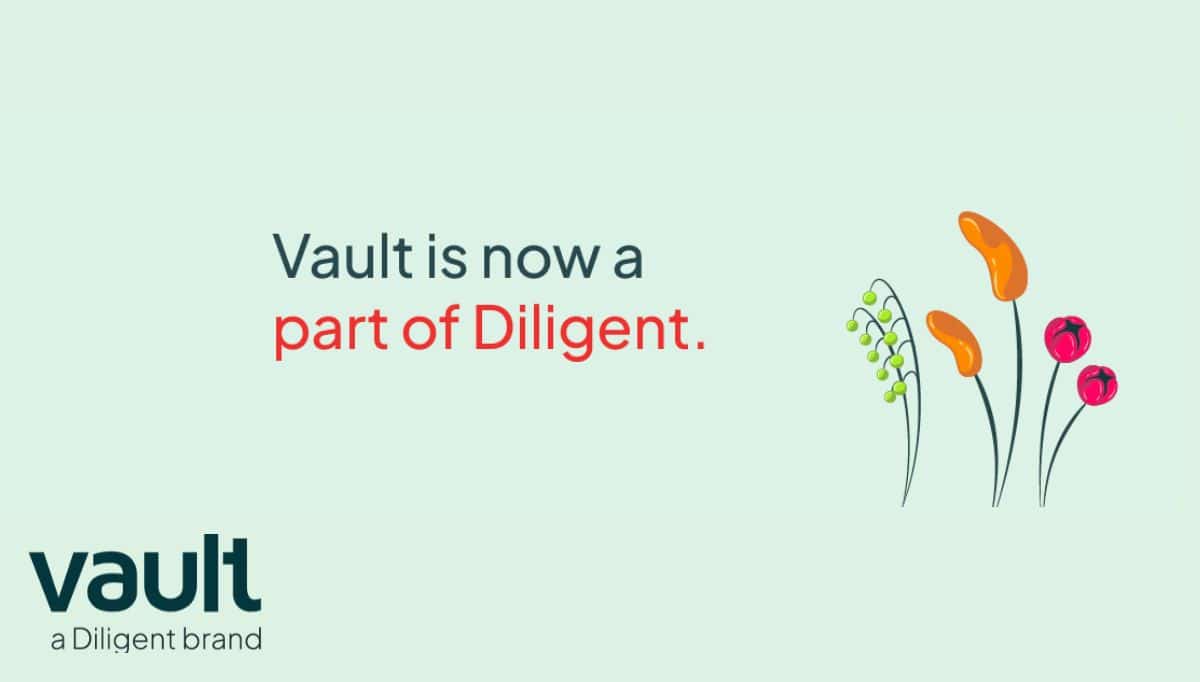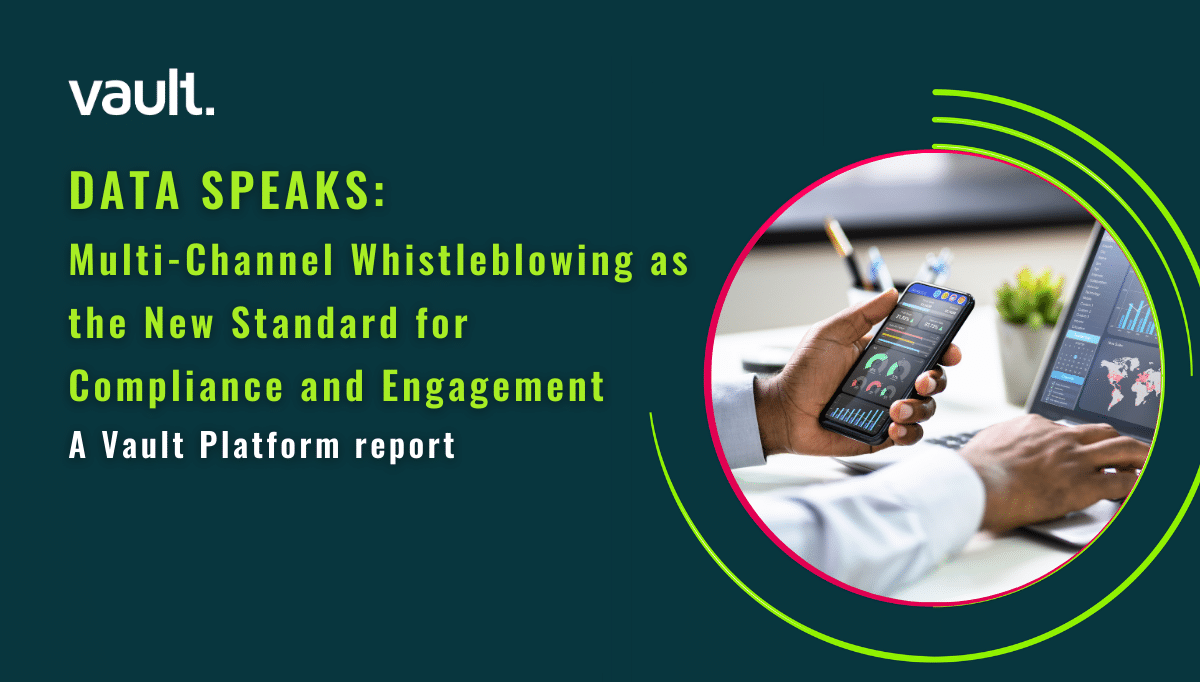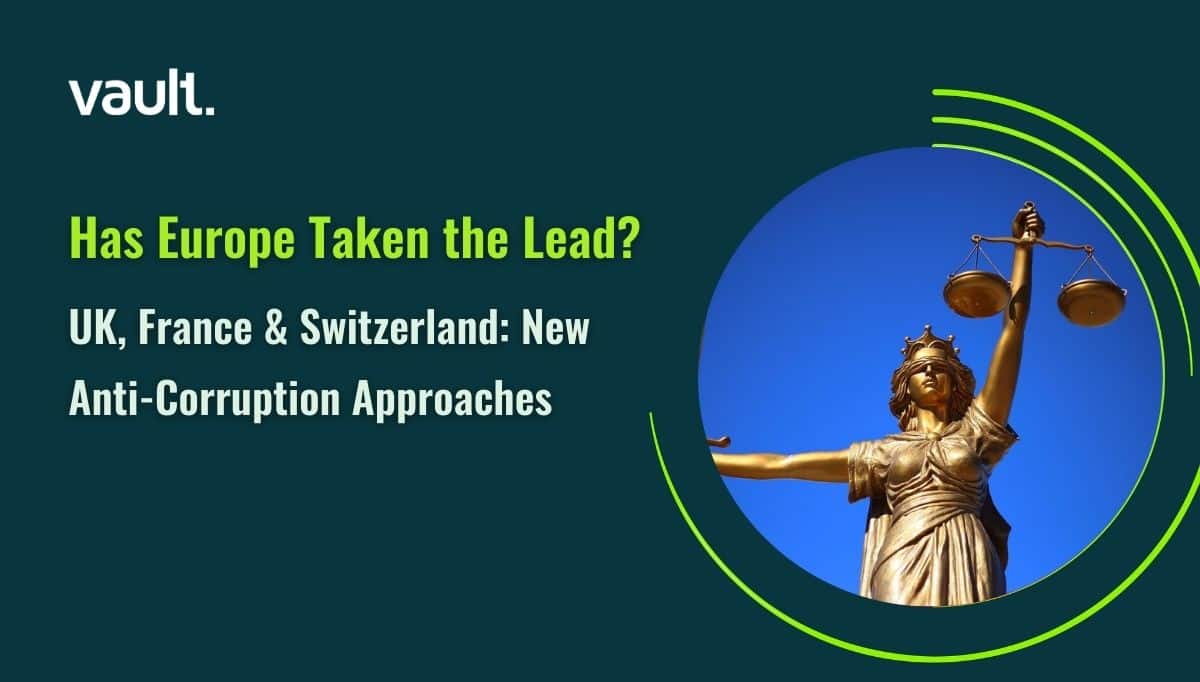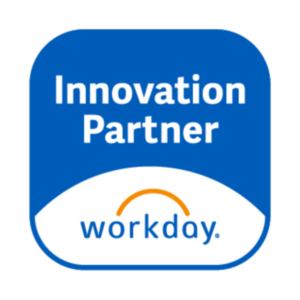
Changing legal and regulatory requirements, such as the EU Whistleblower Directive (which comes into force in December 2021) and the US Whistleblower Programs Improvement Act (WPIA) and Whistleblower Protection Reform Act (WPRA), place new demands on employers when it comes to misconduct incident reporting and resolution.
At the same time, there is a growing trend for employees to publicly call out misconduct as seen through harassment claims with MeToo and discrimination highlighted by Black Lives Matter.
The lawmakers’ focus and rise of social movements are both a direct result of ineffective legacy incident reporting and whistleblowing mechanisms.
In this discussion, we get legal insight from Søren Pedersen, Partner, Bird & Bird, and Kate Ash, Global Ethics and Compliance Officer, Neptune Energy, looks at how such environmental changes bring about a remarkable opportunity to take meaningful action on matters of culture, ethics, and integrity.
By putting in place key processes and making internal reporting channels more accessible, employers can mitigate the risk of ethical breaches or incidents of misconduct hitting the headlines or the courts.
